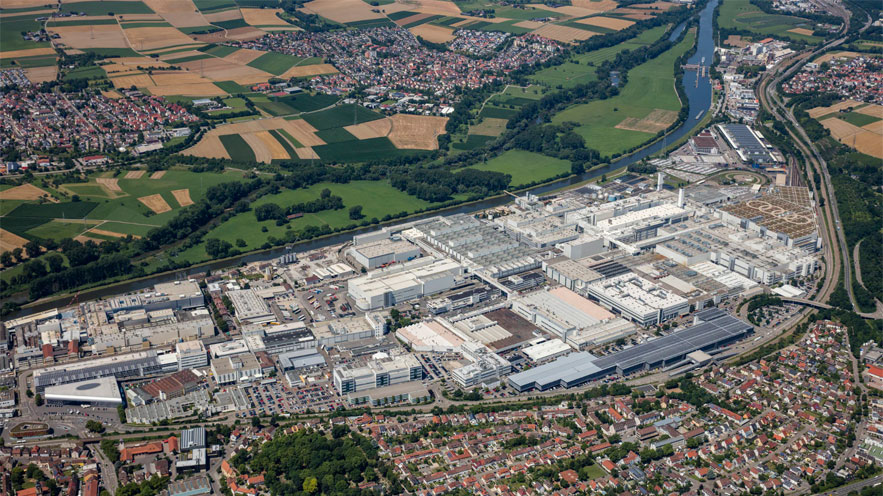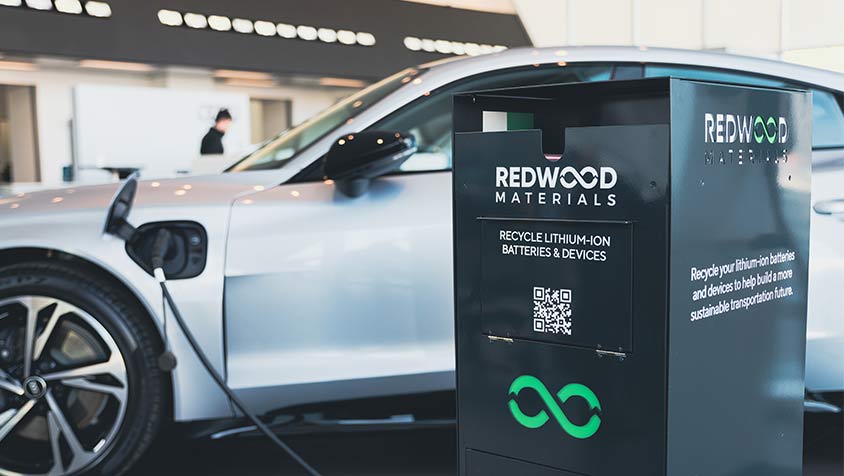Audi, the first car manufacturer to achieve ASI certification.

Audi is leading the charge in enabling a more sustainable use of aluminum. In 2018, the brand was the first car manufacturer to receive the Aluminum Stewardship Initiative (ASI) Performance Standard certificate for its manufacturing and assembly of the aluminum components of the Audi e-tron® battery housing in accordance with ASI standards. ASI has developed standards that take into account the ecological, social, and business ethics criteria for the entire aluminum value chain. And in 2020, the brand was also the first car manufacturer to receive the ASI Chain of Custody certificate, which verifies that Audi can comply with the ASI standard for materials flow chain, and can input correspondingly certified materials to its Aluminum Closed Loop.
Aluminum production is especially energy-intensive, which is why Audi is focused on this resource in its sustainability plans. Josef Schön, Corporate Responsibility of Audi, says, “We are convinced that we can bring about change. And Audi’s use of aluminum is a really good example of how the company wants to play a role in achieving greater sustainability.”

Quick facts about aluminum
- Aluminum belongs to the group of light metals and has a density of 2.7 g/cm³.
- It’s lightweight and does not rust, making it a functional material that’s frequently used in vehicle construction and aerospace applications.
- It’s extracted from bauxite, a mineral whose aluminum content can be electrolytically melted. Bauxite is mined primarily in Australia, China, Africa, and Brazil.
- A great deal of electrical energy is required to extract pure aluminum.
- In Germany 2019, it took approximately 7.6 terawatt hours of energy -- almost the same amount a nuclear power plant generates per year -- to produce approximately 507,000 metric tons of primary aluminum.

who uses it to produce aluminum coils of original quality and returns these to Audi.
ASI-certificate and “Chain of Custody”
The ASI Chain of Custody (CoC) is a method to documents the entire aluminum cycle for certified companies, from where they source it to how much they acquire to where it’s sold.
The CoC is a recognized method of managing material based on its mass, awarding certificates for traceability.
But certifications are just the start. “A central pillar of Audi’s sustainability strategy is its desire to improve continually and be actively involved. And our work in initiatives like the ASI—which is also required by the UN in the Sustainable Development Goals—is an important part of our commitment,” says Josef Schön.
who uses it to produce aluminum coils of original quality and returns these to Audi.
Related pages

Corporate sustainability.

How Audi is protecting Earth’s most valuable resource.

